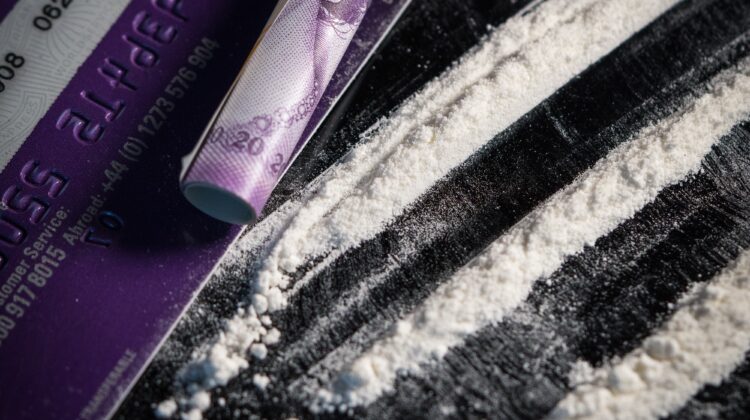June was not a good month for illicit drug deaths in Northern Health as 15 people passed away from our province’s toxic supply.
Three of those occurred in the Northwest.
Through the first six months of 2023, Northern Health has tallied 92 drug deaths with 29 located in the northwest according to data from the BC Coroners Service.
Province-wide, 184 British Columbians died from an unregulated drug death – roughly six people died per day on average in June.
“British Columbia is continuing to lose community members at record rates as a result of the toxicity of the unregulated drug market,” said Lisa Lapointe, chief coroner.
“Illicit fentanyl continues to drive the crisis, which is causing deaths in large and small municipalities, towns, and cities across the province. This health emergency is not confined to one neighbourhood or one demographic. Anyone accessing an illicit substance is at risk of serious harm or death.”
Northern Health has the highest unregulated drug death rate among all the health authorities at 60 per 100,000 people – three points ahead of Vancouver Coastal (56.8).
However, 57% of all toxic drug deaths have been in the Vancouver Coastal and Fraser Health regions.
In terms of Health Service Delivery Area, the Northwest has the second-highest drug toxicity death rate of 74.2– trailing only Vancouver (89.3),
Last year, Northern Health posted 187 drug poisoning fatalities, with 57 of those occurring in the Northwest – both record highs.
So far this year, 1,228 people have lost their lives due to the toxic drug supply – 70% of those deaths are between the ages of 30 and 59.
June 2023 was the 33rd consecutive month at least 150 lives were lost to unregulated drugs in B.C.
The 40-49 age grouping has the highest unregulated drug death rate in BC at 80.8 followed by those aged 50-59 (79.8).
Last year 2,383 residents passed away from illicit drug overdoses, making it the deadliest year on record.
Unregulated drug toxicity is now the leading cause of death in British Columbia for people aged 10 to 59, accounting for more deaths than homicides, suicides, accidents, and natural disease combined.
12,509 British Columbians have died from unregulated drugs since the public health emergency was first declared in April 2016.
“As coroners, we speak every day to families who are grieving the loss of a loved one,” Lapointe said. “Our agency continues to recommend rapid expansion of a safer drug supply throughout the province to reduce the significant harms associated with the toxic illicit drug market and prevent future deaths.”
Minister of Mental Health and Addictions Jennifer Whiteside issued the following statement on the June report:
“The toxic drug crisis continues to claim lives at an unprecedented rate. In June, 184 British Columbians lost their lives to the poisoned drug supply. My heart goes out to everyone who is grieving. These are irreplaceable losses.
“Through these challenging times, our province is deeply thankful to those working on the frontlines – paramedics, police officers, peers and other first responders – who are saving lives every single day under the most challenging circumstances Their work is heroic and has prevented countless more deaths.
“We know the illicit drug supply has become increasingly toxic and volatile since the COVID-19 pandemic. People who use drugs recreationally and regularly are all at high risk of a toxic drug poisoning. If you plan to use – whether at home, at a party or event – please stay safe.
“We firmly believe that people need access to the right supports, at the right time, that meet them where they are at, easily and quickly. If you or someone you care about are struggling and do not know where to look for support or information, you can find services available near you and helpful resources at: https://www.wellbeing.gov.bc.ca/
“Our government is working urgently to build an integrated and seamless system of mental-health and addictions care that works for all British Columbians, including new treatment and recovery options, and early intervention and prevention measures.
“We know there is more to do, and we won’t stop working until we end this crisis.”


